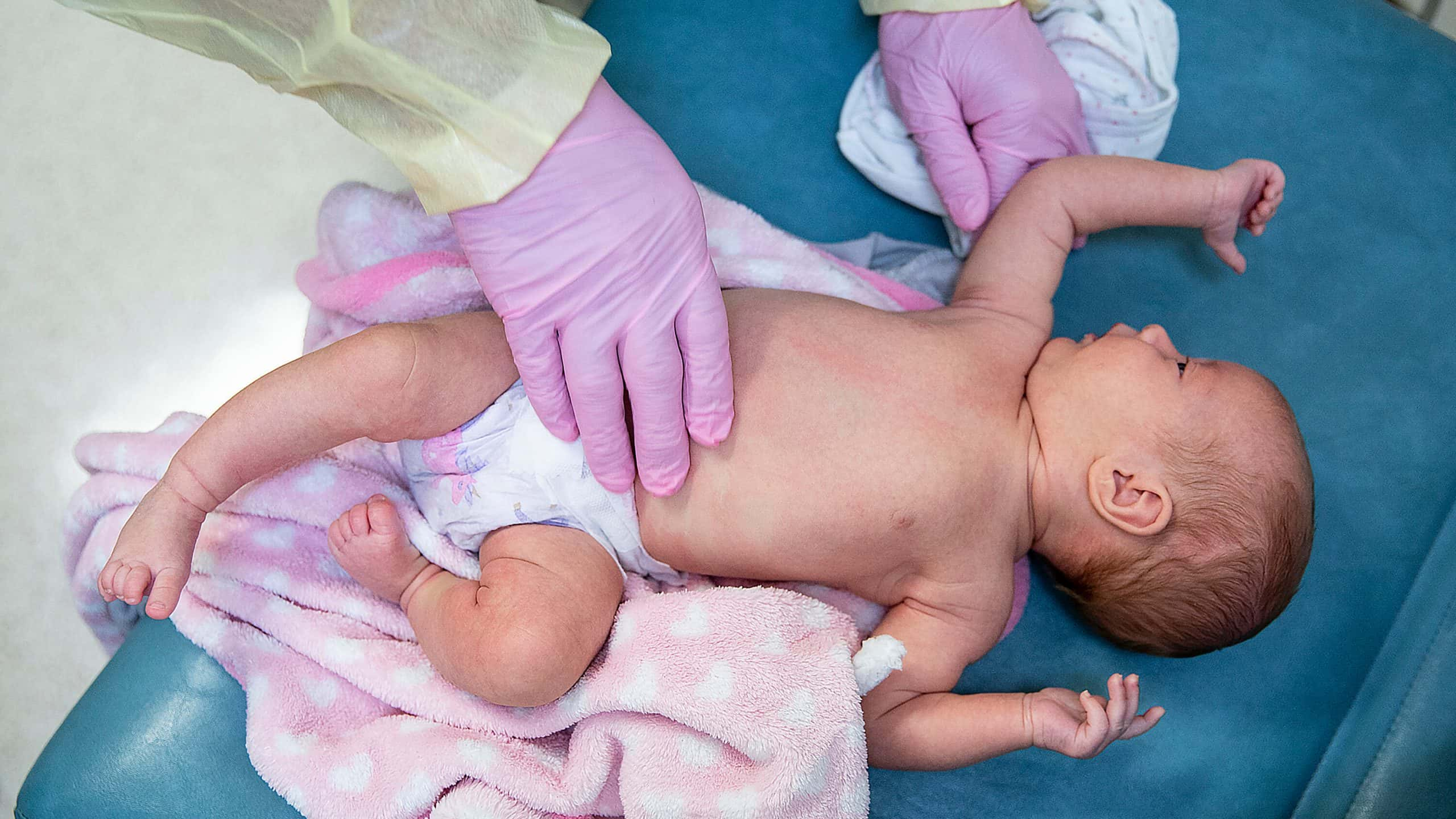Previously, an advisory panel had suggested administering the monoclonal antibody shot Beyfortus to all infants below 8 months entering their first RSV season and to those aged 8 to 19 months at heightened risk during their second season.

In response to a shortage of the Respiratory Syncytial Virus Vaccine, health authorities are revising their recommendations for eligibility, particularly for infants at risk of severe RSV
The Centers for Disease Control and Prevention (CDC) now advises prioritizing higher doses for infants under six months and those with underlying health conditions predisposing them to severe RSV. Parents of 8 to 19-month-olds are encouraged to consider another monoclonal antibody, palivizumab, if eligible. Sanofi, one of the drug’s manufacturers, attributed the shortage to an “unprecedented demand” and pledged to ramp up production in Respiratory Syncytial Virus Vaccine partnership with AstraZeneca.
These measures coincide with a surge in RSV cases nationwide, predominantly in the southeastern U.S., prompting a recent health advisory. Annually, roughly 58,000 children under 5 are hospitalized for RSV in the U.S., with several hundred succumbing to the disease.
Prior to the shortage of Respiratory Syncytial Virus Vaccine, health officials advocated Beyfortus as a pre-seasonal vaccine for infants
Clinical trials demonstrated its efficacy in preventing RSV lower respiratory tract disease in infants and young children during their first RSV season. Beyfortus represents a significant advance, being widely accessible beyond the initially targeted immunocompromised population. The alternative Respiratory Syncytial Virus Vaccine, palivizumab, is specifically recommended for high-risk infants born extremely premature at 29 weeks or earlier, necessitating monthly injections.
Health authorities are also advising healthcare providers to encourage expectant mothers to receive a new vaccine designed to shield newborns from RSV. Administered in utero, this vaccine eliminates the need for subsequent antibody shots for infants.
READ ALSO: Americans With Obesity Face Potential Medication Dosage Issues




